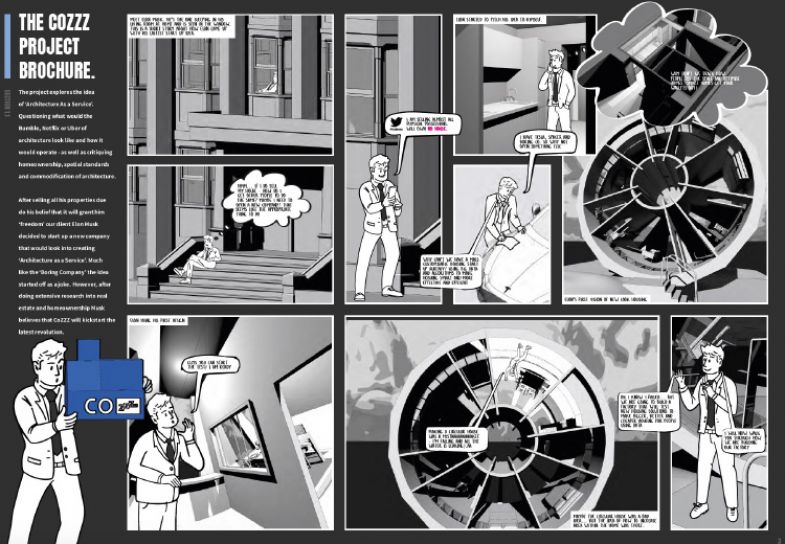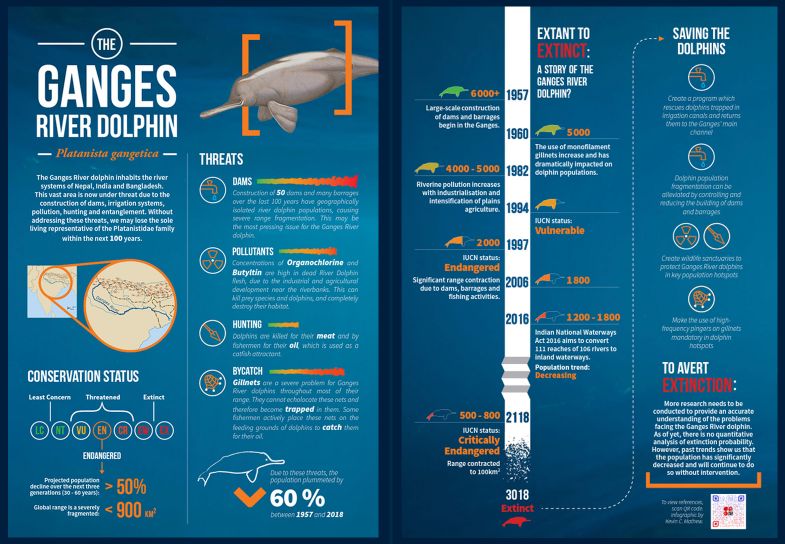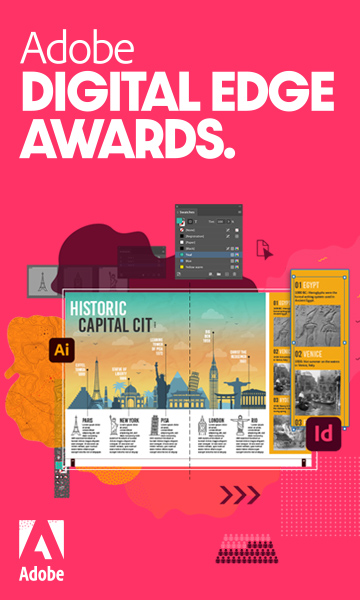
Adobe Creative Cloud enables students to produce course assignments in a range of media, helping them produce high-quality work and increasing their employability and digital literacy. The Adobe Digital Edge Awards are the ideal opportunity for your students to show what they can do
Digital skills are increasingly important to graduate employers. With artificial intelligence and automation predicted to replace around 80 per cent of jobs by 2037, students need to demonstrate that they are digitally literate and can use technology to showcase their creativity and adaptability. Crucially, students and their families will seek out universities with a reputation for producing employable, digitally literate graduates.
Adobe’s Digital Edge Awards celebrate students who can do just that. It was launched in 2021, with prizes doubling this year. The two winning entrants will receive £9,250, and six runners up £1,000 each. Shortlisted students will be given a unique platform to showcase their work and will be able to highlight this prestigious award to potential employers.
This is a prime opportunity for universities to showcase their investment in digital literacy and improve graduate employability. The awards are looking for entries that show creative approaches to solving problems, critical thinking, and persuasive communication skills. Departments can demonstrate how Creative Cloud tools help students step outside their comfort zone when producing coursework – a video essay replacing a written assignment; an infographic showcasing what they have learnt; or even a documentary on their specialist area of focus.
In previous entries, students have used Creative Cloud in a multitude of ways. Tom U., an architecture student at University College London, was asked to produce a 50-page document about his building design that year. Rather than taking a traditional approach, he produced a graphic novel using Illustrator and InDesign to create an interactive and engaging report.
Another architecture student, Luke R. at Birmingham City University, produced a 3D app concept for a Mercedes-Benz showroom in Tamworth using Photoshop, InDesign and Illustrator. Such examples show future employers just how creative and innovative your students can be when given the right tools.
Sarunporn D., a strategic marketing student at Imperial College London, created a video exploring brand equity at sustainable clothing company Patagonia using Illustrator and After Effects. Kevin M., a biological sciences student at the University of Aberdeen, used Photoshop, Illustrator and InDesign to create an infographic communicating the plight of the Ganges River Dolphin to a non-expert audience.

Biological sciences student Kevin M. created an infographic about the Ganges River Dolphin.
There are materials available to help universities encourage students to get involved; Adobe has created a series of email and social media templates. Students’ work will be judged by a professional panel of industry experts, who are Oliver Sidwell, founder of Rate My Placement; YouTuber Max Fosh; Mark Andrews, Adobe’s pedagogical evangelist; and art director Drucilla Burrell.
All submissions will be judged against four key themes: creativity, digital literacy, originality and overall quality. These four criteria will assess how students have made use of Creative Cloud tools, to what extent they’ve considered their audience and how the medium and message will suit them, and whether ideas have been communicated in an original way. At least half of the submission must be created using Creative Cloud apps, but students won’t be penalised if they stick to one or two.
Last year saw more than 600 student entries from 83 per cent of UK universities. In the long term, encouraging students to sharpen their digital skills helps fill skills gaps and increases their chance of having a fulfilling career. Don’t miss this opportunity for your university to showcase its investment in nurturing digital literacy and supporting award-winning students with cutting-edge digital skills.
With entries closing on May 31, educators should encourage students from any subject to submit work showcasing their creativity and be in with a chance to win £9,250.
Find out more about the Adobe Digital Edge Awards.


























